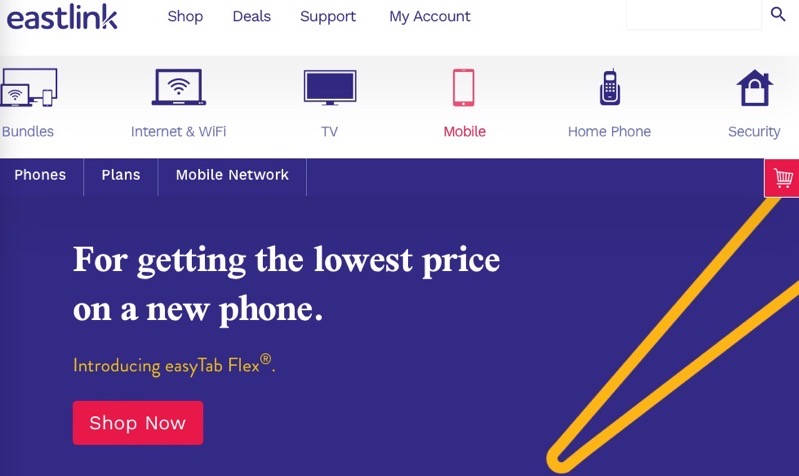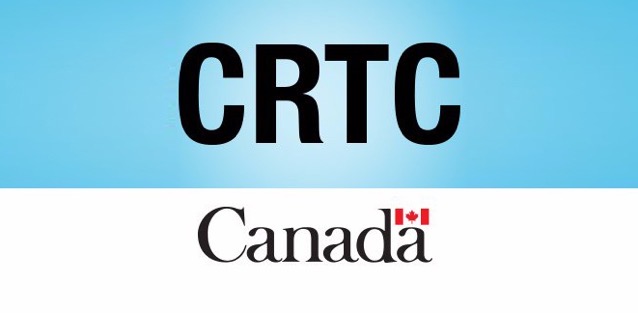
CRTC Orders Rogers, Telus, Bell to ID Spammers by Nov. 30 as Robocalls Surge
Tired of receiving robocalls on your cellphone? You’re not alone. By the end of November, the CRTC chair Ian Scott says Canada’s telcos will need to implement tech to identify callers.
Scott announced the details at the Canadian Telecom Summit in Toronto on Monday, saying telecoms such as Rogers, Telus and Bell will have until the end of November to update networks to support technical standards, that enable the verification of callers and identities, reports CBC News.
According to the CRTC leader, “Something in the order of 25 per cent, or more than 25 per cent, of all the calls made on mobile networks are robocalls,” adding “it’s a huge problem, and it’s going to require tremendous effort by regulators and co-operation by the industry to address.”
The surge in robocalls is now resulting in an “erosion of confidence in the telecommunications system,” said Scott.
Last March, Rogers, Telus and Bell asked the CRTC to delay its rollout of caller ID anti-spoofing tech, until summer 2022. The telcos said they weren’t ready to adopt the technology, as many landlines and cellphones would need to be upgraded to support what’s known as Secure Telephone Identity Revisited/Signature-based Handling of Asserted Information Using Tokens (STIR/SHAKEN).
Originally, the CRTC wanted the technical standard to be supported by September 30, 2020.
Back in April of this year, the CRTC ordered “telecommunications service providers (TSPs) to implement STIR/SHAKEN to authenticate and verify caller identification (ID) information for Internet Protocol (IP)-based voice calls as a condition of offering and providing telecommunications services, effective 30 November 2021.”
Scott also mentioned how Bell Canada had applied to the CRTC to permanently block fake callers on its network, as it’s been testing anti-spam technology. The company has blocked over 1.1 billion callers from July 2020 to October 2021.
The CRTC chair emphasized wireless carriers should be paying to implement call-blocking technology, not consumers.


